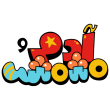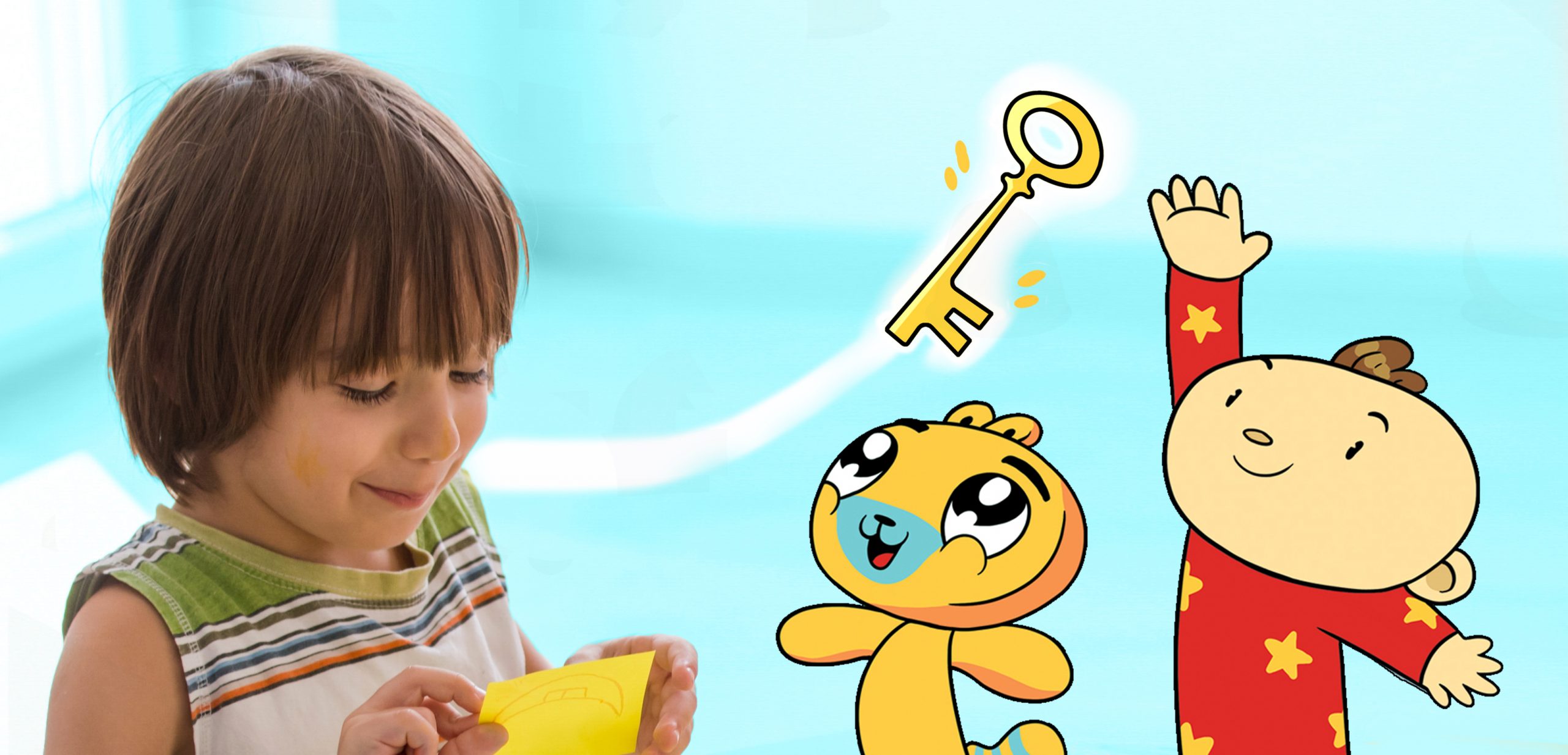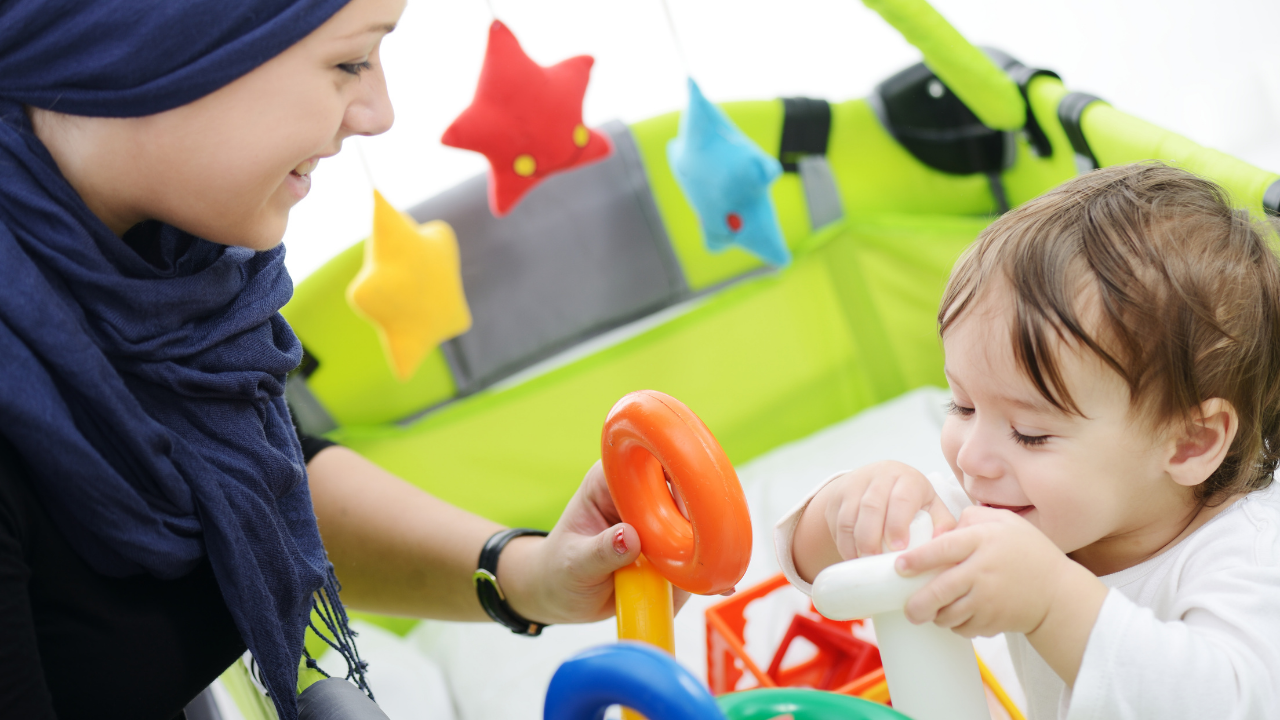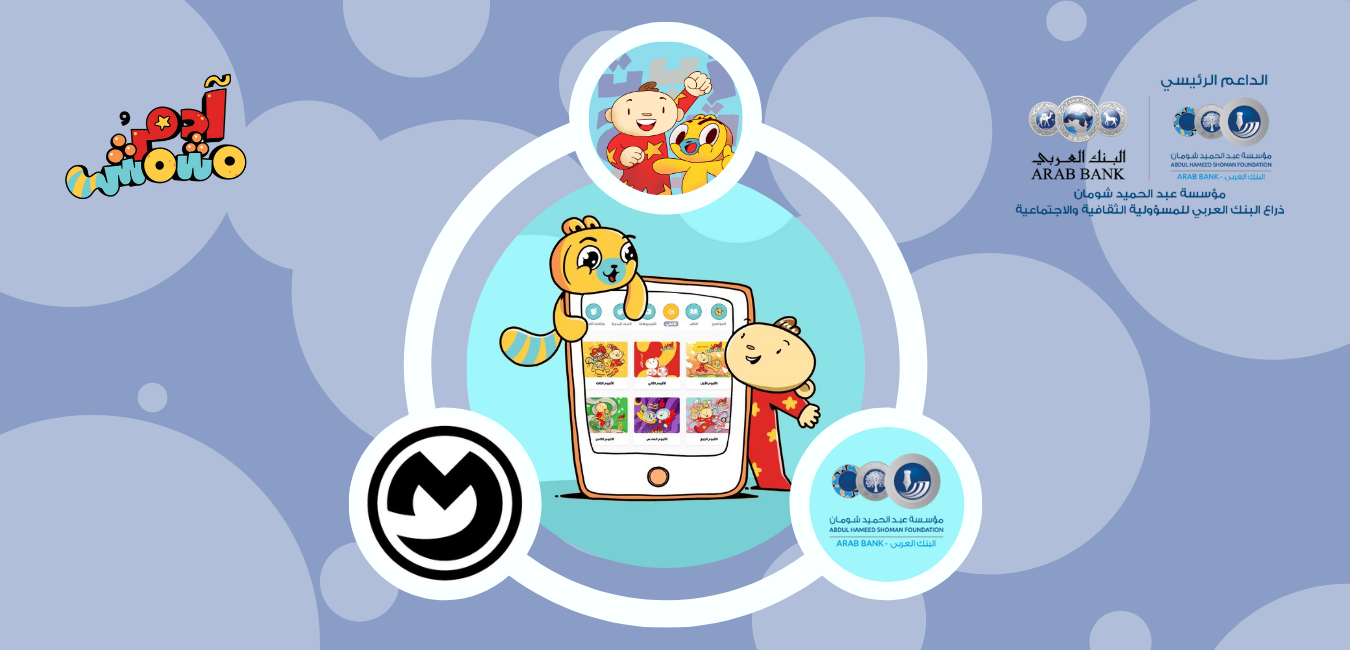Your Child’s Happiness is the Key to their Learning!
If you think back to your time at school, and something you’ve learned, what sticks out to you the most? It’s probably associated with a fun and happy memory, right?
Mine was in 2nd grade. Our teacher told us to make paper airplanes and race them outside in the playground. We wanted to see who’s paper airplane would fly out the furthest. The purpose of this was to teach us about velocity. I’ve never really been good at physics or any of the sciences, but in this one class, I truly understood the lesson for once.
Now imagine a 4 year old who you’re trying to teach the names of Animals in Arabic. The opportunities for making this fun are endless, (hide them under some sand, and have your child dig for them. Or perhaps set up a safari environment and put all the animals there and have a role playing session. Maybe add one animal that doesn’t belong and ask your child which one it is…etc.) Are we stuck on how we used to do things for so long, that we end up missing these opportunities?
Your child’s brain is a sponge ready to absorb so much knowledge. Putting it simply, children learn best when they are having FUN! We are here to help you put fun in the learning process and make it easier for you. We’ve put all the resources in one place, in nicely organized themes and topics on our “Learn Arabic: Adam Wa Mishmish” application.
Happiness is the key. Many factors can either encourage or hinder children’s engagement during learning, which is why it is crucial to know your child’s abilities and interests.
Children also learn best when they are learning something meaningful and relevant to them. What we mean by meaningful learning is that children’s learning must be related to their world and their experiences. If we are teaching children about something that they have no interest in or context to, then they will feel unhappy and not engage. You can’t teach a child about comparing sweet and sour tastes when they’ve never tried something sour. It has to be hands-on, and it has to be tangible. Similarly, teaching them about the winter season in the dead of summer is not the ultimate time to approach the subject.
Making learning hands-on is extremely important. When children use their senses in play, their neural pathways connect – literally making them smarter. That’s why you will notice many of the activities provided in our application are sensory and require the child to represent their understanding of the topic.
Children are active constructors of knowledge. They recognize their agency, capacity to learn and their right to be active participants in leading and making decisions about their learning.
It is important for educators and parents to view children as active participants in the learning process in order to avoid setting preconceived expectations. Respecting children is at the core of our philosophy. Every child is unique, and has their own interpretation of knowledge and ability.
Children’s early learning influences their life chances. Well-being and a strong sense of connection, optimism and engagement enables children to develop a positive attitude to learning and the Arabic language in this case.
How our Activities work:
Our activities have been developed to be as engaging and realistic as possible for a parent to prepare and do at home. It is important that as a parent, you choose the right time to introduce the topic, song, vocabulary, art activity and storybook. The program is designed for parents to have access to all these elements at any time. We advise that you spend at least a week working on one topic from one theme and that you ensure that your child is enjoying the experiences. If you cram everything in one afternoon, your child may get overwhelmed and lose interest.
We have a full guide on how to introduce each topic to your child and how to navigate the learning process. Keep an eye on our blog for more tips, and most importantly, download the “Learn Arabic: Adam Wa Mishmish” application for a guaranteed fun learning experience for you and your kids in the Arabic language.



